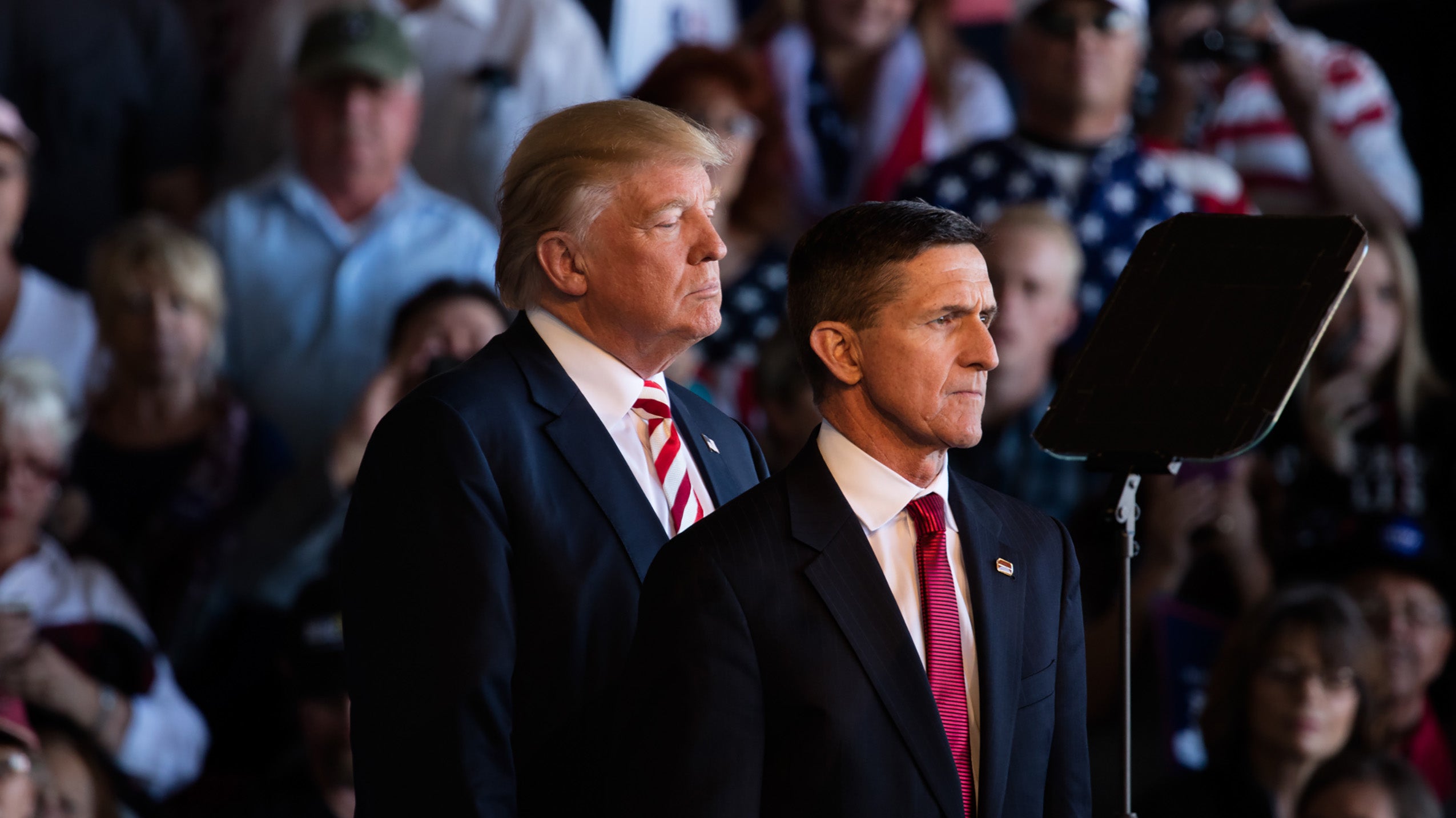Can President Donald J. Trump pardon himself before his term ends in January?
This hotly debated legal question was given new urgency last week by the president’s decision to pardon Michael T. Flynn, his first national security adviser who twice pleaded guilty to lying to the F.B.I. about his contacts with Russia. Flynn’s pardon, announced in a late afternoon tweet the day before Thanksgiving, has renewed speculation about who else among the president’s allies and associates, including himself or (as reported by the New York Times Tuesday) his attorney Rudolph W. Giuliani, might receive his clemency.
Many legal scholars also have begun to examine the breadth of the president’s pardon authority under the U.S. Constitution, which states in Article II, Section 2 that “he shall have Power to grant Reprieves and Pardons for Offenses against the United States, except in Cases of Impeachment.” Harvard Law Today recently asked Professor Emeritus Mark Tushnet, an expert in constitutional law, to share his views on the president’s pardon powers.
Harvard Law Today: What are the president’s pardon powers under the Constitution and law?
Mark Tushnet: The pardon power derives from what’s known as the royal prerogative, and is unlimited in scope and not subject to review for lawfulness by the courts. Its rationale is that the legal system needs a “safety valve” against the unduly harsh administration of the law, including the invocation of criminal laws that are formally applicable to a person and what he or she did, but where punishment seems unfair.

Unfortunately, as with all powers, this one can be abused—here, the power exists precisely because we can’t specify in advance all the considerations that go into the overall judgment of “unfairness.” We have to leave that decision to the president’s discretion, and that makes an abuse of power possible.
HLT: Can a president pardon him or herself?
Tushnet: This is a highly contested question among scholars. My own quite tentative view is that a self-pardon would be an abuse of power but not one that could be overturned in court.
HLT: Can a president issue blanket or prospective pardons for potential crimes not yet uncovered or even committed?
Tushnet: Historically, pardons can be and have been used in a “blanket” way with respect to all crimes committed in the past (for which a person has been charged and/or convicted, and for crimes not yet charged). The rationale is that the statute books define so many crimes that we have to worry about the possibility that a pardon for one specific crime would leave the person open to charges based upon exactly the same facts of violating a different criminal statute.
However, pardons can’t be issued with respect to actions that the recipient hasn’t yet taken, because allowing such pardons would truly place the recipient above the law.
My own quite tentative view is that a self-pardon would be an abuse of power but not one that could be overturned in court.
Mark Tushnet
HLT: What is the recourse when a president abuses the power to pardon?
Tushnet: Abuses of the pardon power can be dealt with through public disapproval (including, for example, defeat of a president who seeks reelection or runs for some other office), and through impeachment even after the president leaves office (because the impeachment provision includes the possible sanction of disqualification from future federal offices).
HLT: Is there any case law on this? Have any president’s pardon powers been adjudicated before?
Tushnet: There are a few cases dealing with the meaning of a pardon once granted, including on whether a pardon can contain conditions, but as far as I know there’s no significant caselaw on the scope of the pardon power (other than dicta indicating the view that the power is unlimited), and of course none on the power to self-pardon.
